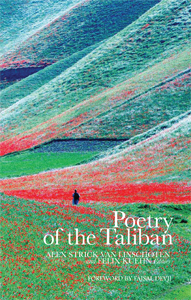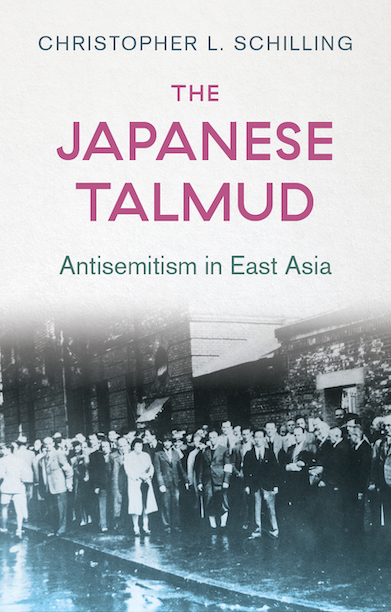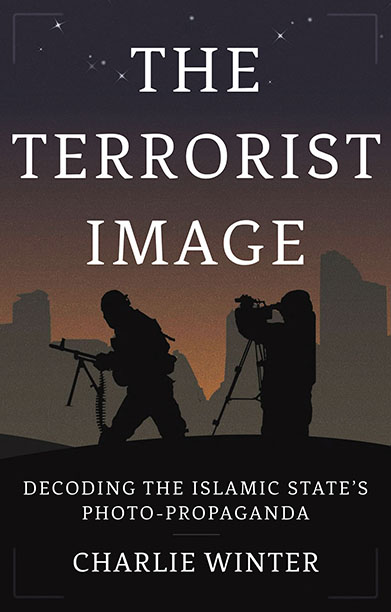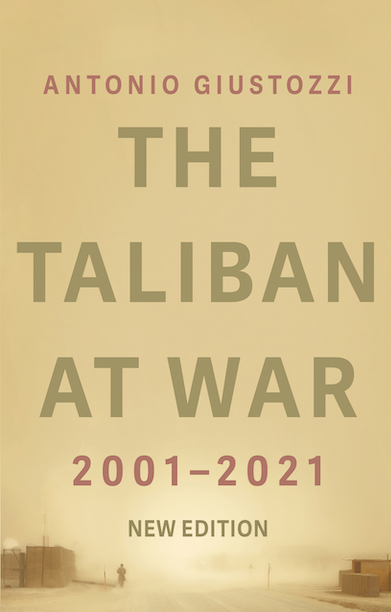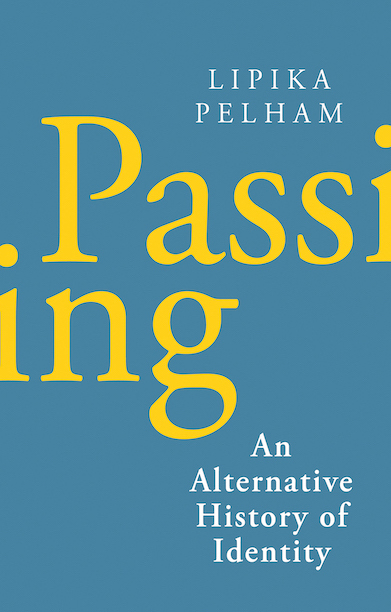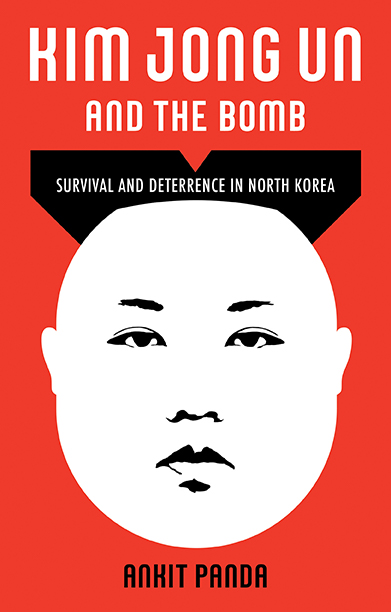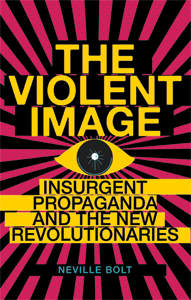Poetry of the Taliban
‘This is an essential work … If anyone still wonders on which cultural resources the Taliban drew to inspire a people to resist a dull global plan to modernise them, read on.’ — Michael Semple, Harvard University and former EU representative in Afghanistan
Description
Overlooked by many as mere propaganda, poetry offers an unfettered insight into the wider worldview of the Afghan Taliban. This collection of over two hundred poems draws upon Afghan tradition and the recent past as much as upon a long history of Persian, Urdu and Pashto verse. The contrast between the severity of their ideology and the Taliban’s long-standing poetic tradition is nothing short of remarkable. Unrequited love, vengeance, the thrill of battle, religion and nationalism — even a yearning for non-violence — are expressed through images of wine, powerful women and pastoral beauty, providing a fascinating insight into the hearts and minds of these redoubtable adversaries.
Taliban verse is fervent, and very modern in its criticism of human rights abuses by all parties to the conflict. Whether describing an air strike on a wedding party or lamenting, ‘We did all of this to ourselves’, it is concerned not with politics, but with identity, and a full, textured, deeply conflicted humanity.
It is such impassioned descriptions – sorrowfully defeated and enraged, triumphant, bitterly powerless or bitingly satirical – and not the austere arguments of myriad analysts that will ultimately define and endure as a record of the war in Afghanistan.
Reviews
‘Afghanistan has a rich and ancient tradition of epic poetry celebrating resistance to foreign invasion and occupation. This extraordinary collection is remarkable as a literary project – uncovering a seam of war poetry few will know ever existed, and presenting to us for the first time the black turbaned Wilfred Owens of Wardak. But it is also an important political project: humanising and giving voice to the aspirations, aesthetics, emotions and dreams of the fighters of a much-caricatured and still little-understood resistance movement that is about to defeat yet another foreign occupation. — William Dalrymple, author of The Last Mughal and the forthcoming The Return of a King: Shah Shuja and the First Battle for Afghanistan, 1839-42
‘These are poems of love and war and friendship and tell us more about Afghanistan than a million news reports. Anybody claiming to be an Afghan expert should read this book before giving their next opinion.’ –– Mohammed Hanif, author of A Case of Exploding Mangoes and Our Lady of Alice Bhatti
‘Much of the poetry here appeals to the heart rather than the head, engendering sympathy for the speakers’ plight. That these poems put us in this uncomfortable place is the most impressive achievement of the anthology.’ — Daljit Nagra, The Guardian
‘There is much shock and some awe in this mixed collection, and the editors are to be applauded for beginning “our” education in this troubled and troubling literature.’ — Times Higher Education
‘A book that shouldn’t be missed.’ – The Washington Post
‘The verse assembled in Poetry of the Taliban is by turns bombastic and introspective, dark and mirthful, ugly and lyrical — and perhaps above all, surprising in its unabashedly emotional tone.’ — Los Angeles Times
‘[Poetry of the Taliban] allows us first-hand access to the sentiments of a people the West still knows too little about, even after more than eleven years of occupation. With the NATO troop pullout less than two years away this candid look in the hearts of Afghans may be overdue. But it’s not too late.’ — Anna Badkhen, New Republic
‘A highly original and extremely important book which by making the Taliban’s poems available in English arguably sheds more light on the Taliban and its resilience than could any organisational chart or force assessment. More significantly, it draws attention to the crucial role that aesthetics and emotions – as opposed to resources and doctrines – play in military organizations. As such, this may be the first poetry book of strategic significance.’ — Thomas Hegghammer, author of Jihad In Saudi Arabia and co-author of Al-Qaida in its Own Words
‘This is an essential work. … In compiling The Poetry of the Taliban, these young scholars have preserved the intimate and the expansive, ranging from pastoral imagery of the Afghan countryside, to satire on global politics and rich references to Afghan, Muslim and biblical history. In the process they go beyond humanising the Taliban towards understanding them. The same Taliban, known to the world as cultural morons, turn out to have inspired a corpus of poetry which links to the finest civilisational accomplishments of Pashto, Farsi, Urdu and Arabic. … If anyone still wonders on which cultural resources the Taliban drew to inspire a people to resist a dull global plan to modernise them, read on.’ — Michael Semple, Harvard University and former EU representative in Afghanistan
‘These poems expose something of the full, textured, deeply conflicted humanity of those who actively consume and recirculate them, those who may be insurgents at the same time they are humans. In providing such a picture, the “insurgent” is restored a sense of humanity, and agency, and thus even (as the editors note) an accountability for violence that would be impossible to expect from a mere avatar. ‘ –– Dr James Caron, University of Pennsylvania
‘A remarkable and important book that reveals a hitherto concealed side to the harshly perceived Afghan Taliban. In Poetry of the Taliban, we see that within the movement there are warriors who have wounded hearts, lyrical souls, and a passionate love of language and ideas.’ — Jon Lee Anderson, author of The Lion’s Grave: Dispatches from Afghanistan
‘By turn angry, idealistic, or cynically witty, these Taliban poets can leave none unmoved by verse that conjures up Persian metaphysics, Muslim traditions and a Pashtun quest for honour. Indeed, as enemies’ triumphs and ruination in their mountain homeland tests these mujahedin’s faith in God, some even echo the shock, sense of betrayal and despair of Britain’s First World War poets.’ — Hugh Pope, author of Dining with al-Qaeda and Sons of the Conquerors
‘a brave and useful project … offers a perspective on the conflict through the Other’s eyes, something worth more than a library full of cold analysis.’ — Robin Yassin-Kassab in The Guardian
‘The most shocking emotion the book inspires isn’t fellow feeling with the butchers of Afghanistan; it is delight. The pleasure of Poetry of the Taliban is its most upsetting feature. … Such poetry is profoundly revealing of the psychology of our enemy. Culled from cellphones, websites and cassettes, The Poetry of the Taliban bears little, if any, relation to official al-Qaeda “literature” with its idiotic, dull, unreadably boring dogmatism. There is politics in this collection but little ideology, little talk even of Islam. The verse burns with immediacy of reality. It’s full of alternately witty and grotesque bragging. … The publication of this anthology is as depressing as it is revelatory. Poetry of the Taliban is a celebration of indestructible despair, of unending destruction and resurgent beauty. It is as harrowing a portrait of Afghanistan as any piece of reporting I have read.’ — Macleans (Canada)
‘Much of what is said about this Islamic student movement and its role in Afghan politics is one-dimensional. The Taliban’s aesthetic, for instance, is almost completely absent from the current literature. Poetry of the Taliban well and truly makes up for this shortfall.’ –– Sydney Morning Herald
‘Whatever the current controversy, Poetry of the Taliban serves as a martial and social artifact from a broken land. Its poems are variously political and pastoral, one moment enraged and the next heavy with sorrow.’ — C.J. Chivers, New York Times At War Blog
‘…give[s] an insight into the lyrical souls of the members of this militant group.’ — Atlantic Blog
‘This fascinating and moving book deserves a wide readership. . . . Highly recommended.’ — Choice
‘Perhaps the poetry of the Taliban can show us something of our enemy’s humanity, brutal and angelic by turns, as it is this humanity with which we ourselves contend.’ — Books & Culture
‘Poetry of the Taliban … provides English translations of over 200 Afghan Taliban poems and a detailed introduction by editors Alex Strick van Linschoten and Felix Kuehn, two well-known Afghanistan experts who have lived in Qandahar, the heartland of the Afghan Taliban, for a number of years. A collection of the poetry of the Afghan Taliban from both before and after the October 2001 American-led invasion and subsequent occupation of Afghanistan, is a welcome addition to the literatures on both this specific movement as well as the social and political role of poetry in its various forms.’ — Christopher Anzalone, McGill University, Canada
Editor(s)
Alex Strick van Linschoten is a researcher and writer based in Amman, Jordan. His previous books include, with Felix Kuehn, Poetry of the Taliban, An Enemy We Created and My Life with the Taliban. He holds a PhD in War Studies from King’s College London.
Felix Kuehn is a researcher and writer based in Berlin. He has worked in Afghanistan since 2006, focusing on the Taliban insurgency and the history of southern Afghanistan over the past four decades. He is a PhD candidate at the War Studies Department of King's College London.
